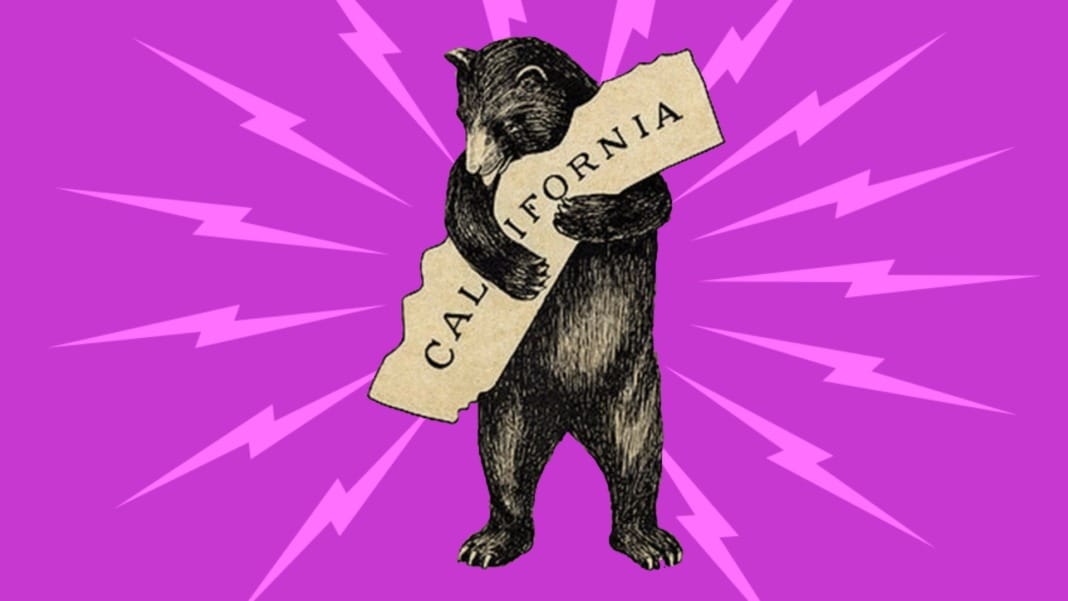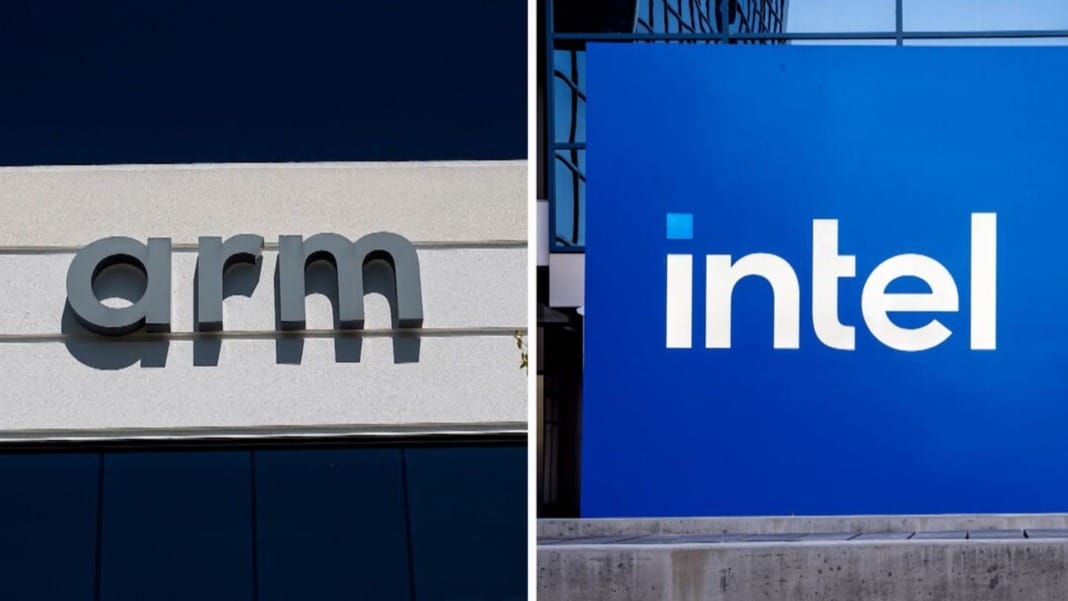In a significant move for digital media consumers, California Governor Gavin Newsom signed a new law, AB 2426, requiring companies to be more transparent about what they own when purchasing digital content. Starting in 2025, digital marketplaces must clarify to customers that they are not buying the media but merely a license to access it. This law will not apply to permanent offline downloads but will cover common purchases such as video games, music, movies, TV shows, and ebooks from online stores.
What the law means for you
If you’re like many consumers, you’ve probably thought you “owned” the digital content you purchased. However, this new law aims to clarify that, in most cases, you only own a license to access it rather than the media itself. From 2025, terms like “buy” or “purchase” may disappear from these digital platforms unless you gain permanent offline access. Instead, you’ll likely see clearer language explaining that you are paying for limited access, not ownership.
This new regulation is part of a wider effort to combat misleading advertising in California. Companies that fail to comply with this law could face fines for false advertising. This development is a response to growing concerns that consumers need to be fully informed about the nature of their digital media purchases.
Loss of access remains an issue
While this law adds transparency, it doesn’t solve the underlying issue of digital ownership and preservation. Take Ubisoft, for example. The company recently deleted The Crew from players’ libraries after shutting down the game’s servers, leaving many users unable to access a game they felt they had purchased. Unfortunately, the new law won’t stop cases like this from happening, as the issue’s root lies in the temporary nature of many digital licenses.
Although this law provides clarity, it doesn’t change the fact that true ownership is often rare in the world of digital media. Once a company decides to remove content from its platform or shut down its servers, users may lose access permanently despite having paid for it. This can be a frustrating experience for many, and the new law is designed to ensure you know exactly what you’re paying for upfront.
Governor Newsom’s legislative focus
This isn’t the only significant law Governor Newsom has passed recently. Just yesterday, he signed the state’s “click to cancel” bill, which aims to make it easier for consumers to cancel online subscriptions. In addition, last week, Newsom signed two bills designed to protect actors, both living and deceased, from having their likenesses used by artificial intelligence without permission. These moves reflect the governor’s active legislative agenda to protect consumer rights and regulate new technologies.
While AB 2426 won’t prevent companies from pulling content you thought you owned, it will ensure you’re no longer misled about what your digital purchases mean. The law will force platforms to be upfront about your rights so you can make more informed choices about your digital purchases.





